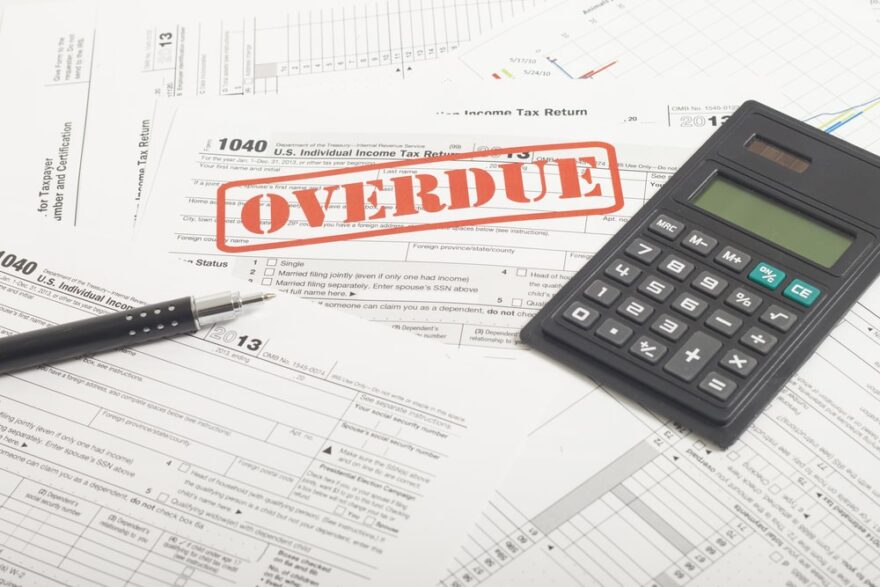
Getting a letter from the Internal Revenue Service (IRS) can be a source of anxiety for many individuals. One particular letter, IRS Letter 1058, frequently causes confusion and worry. It is a serious matter if you’ve recently received IRS Letter 1058, but you can navigate this tricky situation with the proper understanding and knowing what steps to take.
What is IRS Letter 1058?
IRS Letter 1058, also known as the “Final Notice of Intent to Levy and Notice of Your Right to A Hearing,” is a notice from the IRS indicating they intend to seize your property or rights to property due to unpaid tax liabilities. This includes your salary, wages, bank accounts, business assets, personal assets, and social security benefits.
Why Did You Receive Letter 1058?
The IRS will only send you a Letter 1058 after several attempts to collect unpaid taxes. It represents a final warning before the IRS enforces collection through a levy or seizure.
The IRS usually sends several notices before escalating to Letter 1058. The communication timeline often follows this pattern:
- CP14: This is the first notice which informs you about the unpaid taxes.
- CP501: A reminder of the unpaid taxes.
- CP503: A second reminder with an urgency to pay.
- CP504: This is an alert that the IRS intends to levy your state tax refund due to unpaid taxes.
What to Do If You Receive Letter 1058
Start by thoroughly reading the entire letter to understand its contents and the actions required on your part. Take note of important dates and deadlines mentioned in the letter. If you’re unsure how to respond or need help understanding your options, consider consulting a tax professional, such as a certified public accountant (CPA) or a tax attorney. They can provide guidance tailored to your specific situation to reduce the risk of the IRS levying or seizing your property.
You have several options, including:
- Pay the balance in full: If you agree with the amount shown in the letter and are able to pay in full, follow the instructions provided to make your payment.
- Request a payment arrangement: If you cannot pay the full amount immediately, contact the IRS to discuss a payment plan you can afford or call East Coast Tax Consulting to help negotiate one on your behalf.
- Request a CDP Hearing: If you wish to present a collection alternative to the proposed levy action or believe you’re not liable for the tax, you must submit a written request, Form 12153 Request for a Collection Due Process or Equivalent Hearing, for an appeals hearing within the given timeframe. During the hearing, you can argue for innocent spouse status, inability to pay, penalty abatement, or propose a collection alternative such as an installment agreement or offer in compromise. If you request an appeal, the IRS is prevented from taking collections actions against you while waiting for the hearing. Letter 1058 will provide instructions on how to request the hearing.
It is essential to inform the IRS by the deadline mentioned in the letter, regardless of your response, as failing to do so can result in immediate collection action, including income levies and property seizures.
Call East Coast Tax Consulting Group to Resolve your Letter 1058
Receiving an IRS Letter 1058 can indeed be alarming. However, understanding what it means and knowing the proper steps can significantly alleviate the stress and potential financial damage. Remember, you have rights and options and don’t have to navigate this situation alone. Reaching out to our tax professionals by calling 866-550-7655 is a significant first step toward resolving your tax debt and avoiding the harsh consequences of a levy.

